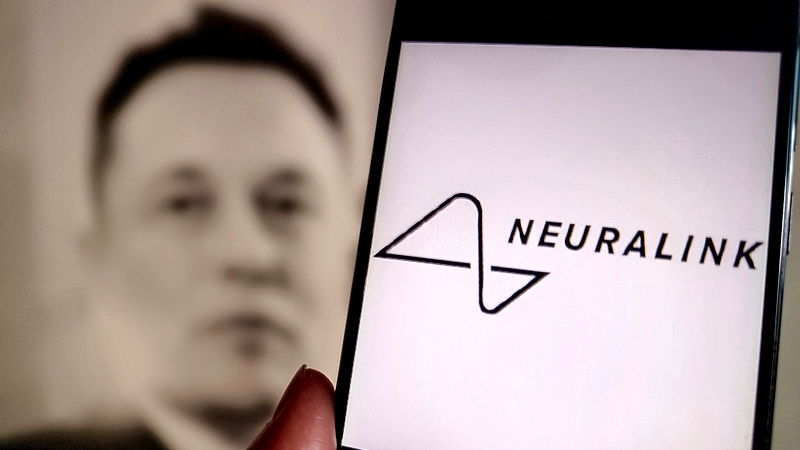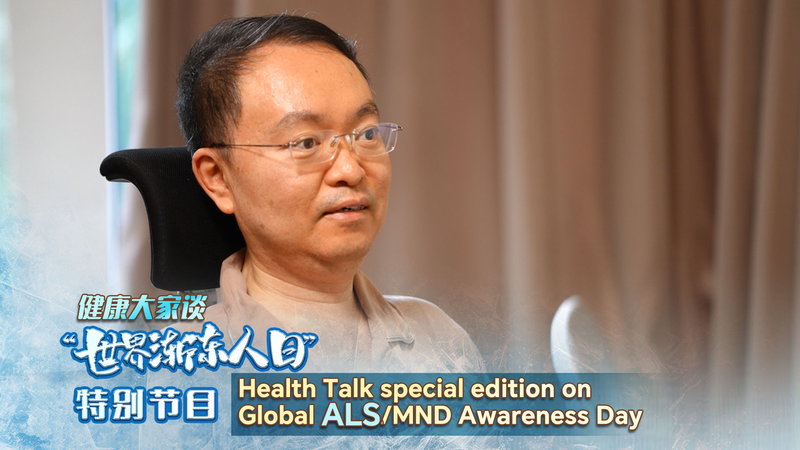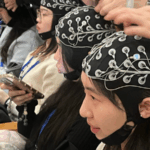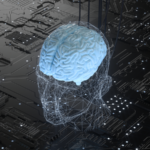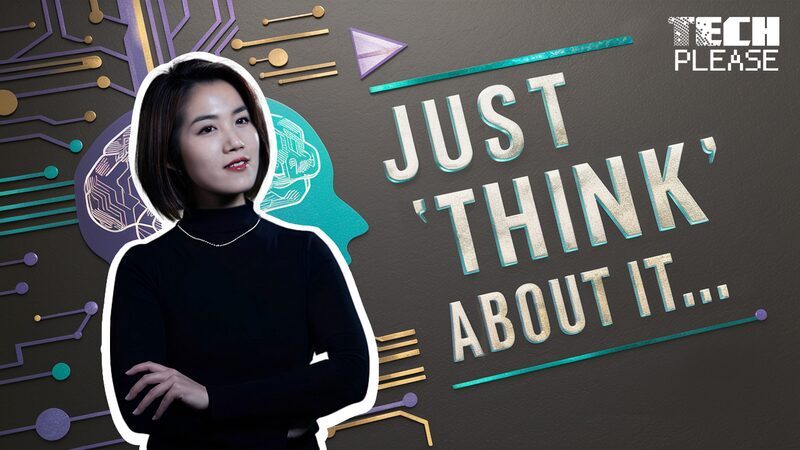Elon Musk's Neuralink has successfully implanted its N1 brain-computer interface in seven patients, marking a pivotal moment in the development of thought-controlled technology. The device, designed to assist individuals with conditions like ALS and spinal cord injuries, enables users to operate digital devices through neural signals – a breakthrough blending neuroscience with practical healthcare solutions.
How the Technology Transforms Lives
The N1 implant uses ultra-thin threads inserted into the brain's motor cortex, paired with a wireless transmitter that converts neural activity into commands. Among the recipients is Noland Arbaugh, a spinal injury patient who now navigates the internet and manages emails using only his mind. Six participants in the PRIME study at Arizona's Barrow Neurological Institute are testing daily applications, including professional tools like CAD software.
While the robotic implantation process achieves millimeter precision, challenges remain. Users report 90% accuracy in cursor control, but developers aim to refine responsiveness and expand the range of executable tasks.
Market Rivals and Regulatory Challenges
Neuralink faces competition from firms like Synchron, whose Stentrode device avoids open-brain surgery by using blood vessel-inserted catheters. Already tested in 10 patients, Synchron plans integration with Apple products. Meanwhile, Precision Neuroscience explores non-invasive alternatives.
Neuralink’s lack of FDA approval limits access to clinical trials, with critics urging more peer-reviewed data following earlier safety concerns in animal testing. The company aims to expand trials to 1,000 participants soon.
Ethical Debates Intensify
Bioethicists like Dr. Matthew Liao warn of risks ranging from neural data ownership to socioeconomic disparities in access. Public reactions remain divided: viral videos of mind-controlled typing inspire awe, while concerns about privacy and technological overreach persist.
As Neuralink advances, its seven recipients symbolize a critical juncture for medical innovation – one balancing transformative disability solutions with uncharted ethical territory.
Reference(s):
cgtn.com
